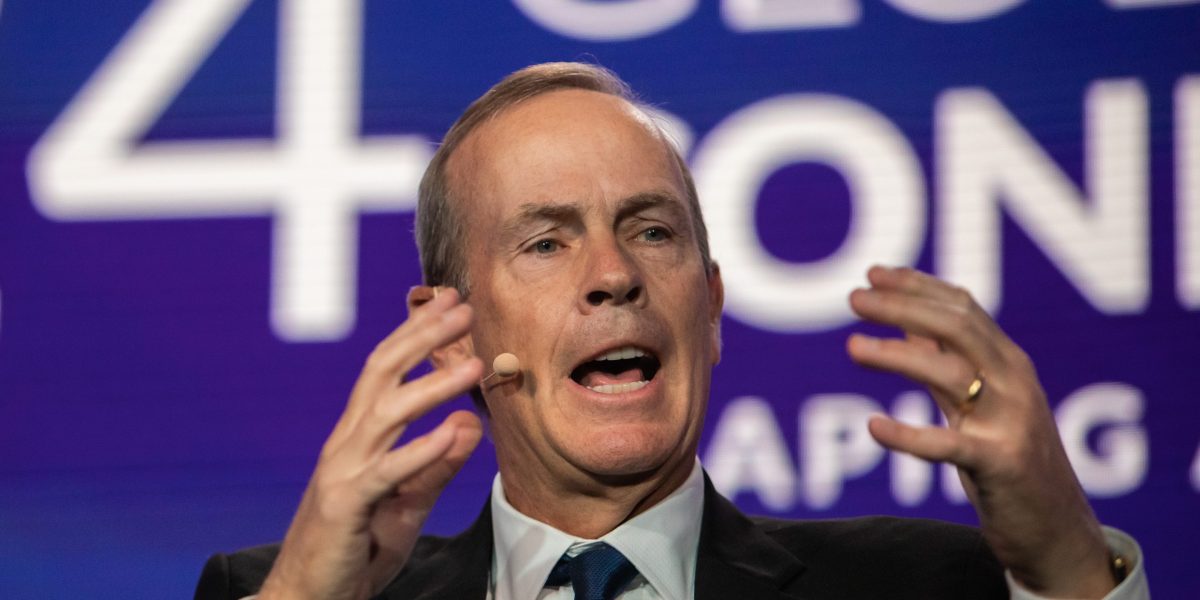Chevron and California legislators have long butted heads over energy and climate policies: The oil giant blamed a $4 billion writedown on the state’s tightening regulations as it seeks to wean itself off fossil fuels. Chevron Americas Products president Andy Walz said in January, California was playing a “dangerous game” in response to the climate policies. Two months later, Chevron agreed to pay the state over $13 million in fines for dozens of oil spills since 2018.
But as the second-largest oil company in the U.S. plans to complete its move from San Ramon, California, to Houston, Texas, this year, CEO Mike Wirth has pushed back on politics being the deciding factor for the move.
“This isn’t a move about politics,” Wirth told Bloomberg TV on Friday. “It’s a move about what’s good for our company to compete and perform.”
Chevron’s relocation has been anticipated for years. Wirth said the company has deep roots in the state with its suppliers, vendors, and partnerships, and finalizing the move would allow Chevron to be “closer to the core epicenter of our industry.” Houston, dubbed the energy capital of the world, counts 4,700 energy-related companies among its business operations, including Chevron’s competitors ExxonMobil and BP.
Chevron first made its home in the Bay Area in the 1870s before moving to San Ramon in 1999. Since 2019, when the company began a reorganization effort, its California employee population has stagnated at about 2,000, while its Texas contingency has swelled to around 7,000.
It’s a continuation of a mass exodus of corporations from California to Texas, where a lower cost of operations and living and lack of income tax are draws for large companies. Military aircraft manufacturer Aeromax Industries Inc., software company Oracle, and Elon Musk’s SpaceX and X are all once California-based companies that now count Texas as their home. Some of these relocations go beyond just business strategy. Musk’s move was explicitly political, following the passage of a California law banning schools from requiring teachers to disclose a change to a student’s sexual orientation or gender identity to their parents.
But despite Wirth emphasizing the practical business elements of the relocation, he hasn’t previously shied away from criticizing California efforts to regulate Big Oil. In response to a September 2023 California lawsuit accusing industry giants of lying to the public about the impact of climate change, Wirth said, “Climate change is a global issue. It calls for a coordinated global policy response, not piecemeal litigation that benefits attorneys and politicians.”
Even as Wirth insisted politics did not drive Chevron’s relocation, he couldn’t deny his belief that California is hostile to the company.
“We advocate for policies that keep prices low, that keep supply reliable, that encourage an investment, and California’s advanced policies that do the opposite,” he said. “And so we’ve certainly expressed our view, so we don’t think that’s good for the California economy.”
Chevron did not respond to Fortune’s request for comment.

